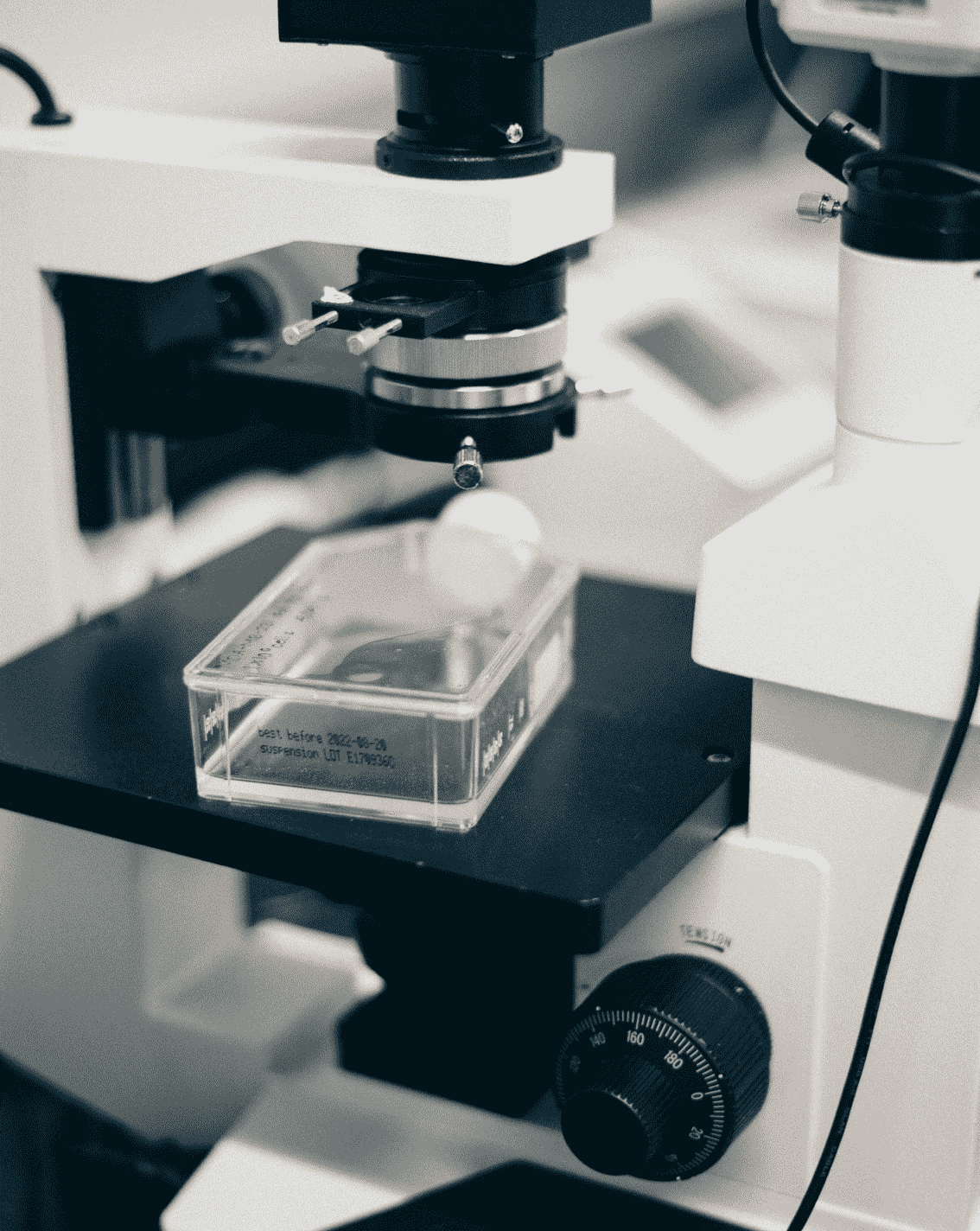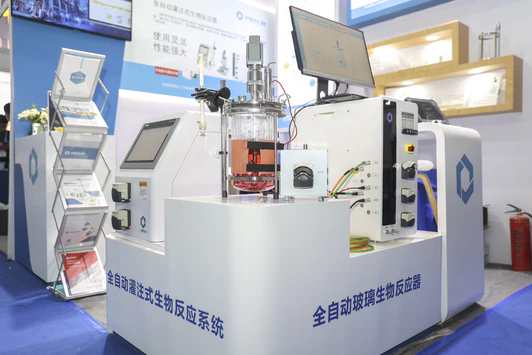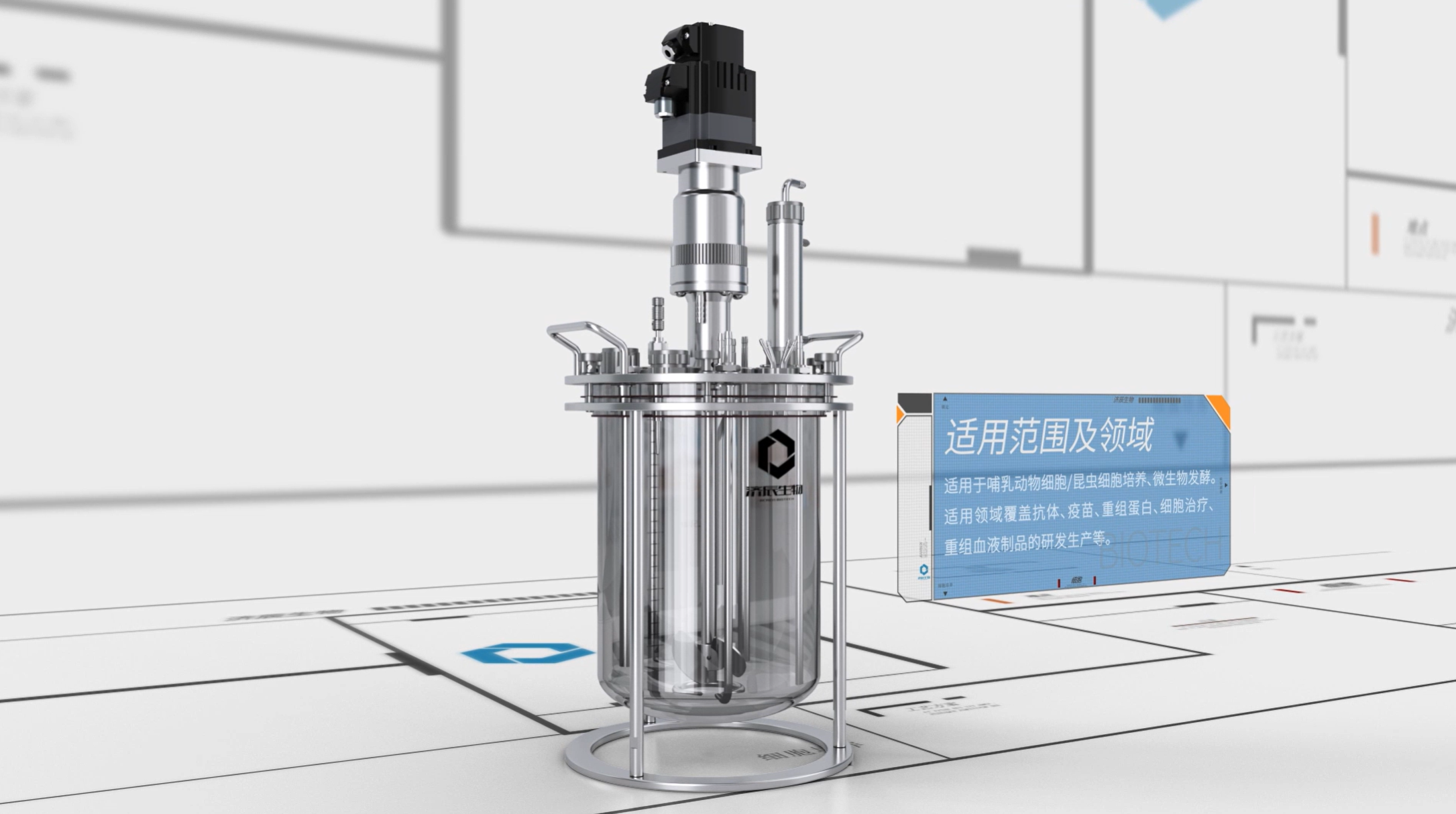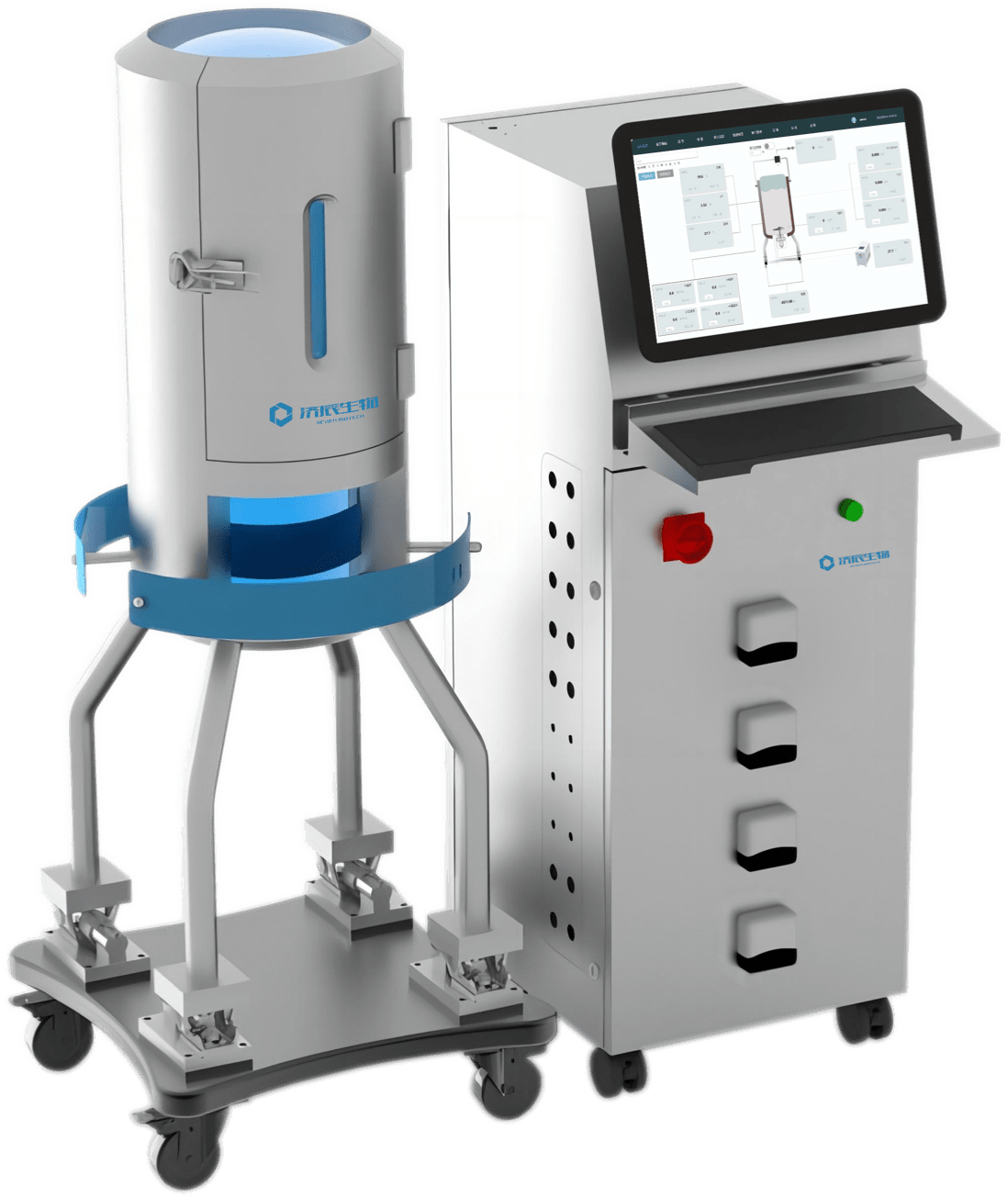Fermentation technology is one of the important processes in the biopharmaceutical industry, and its scalability is of great significance for the advancement of industrialization. This paper discusses the scalability of the fermentation system from the perspective of the biopharmaceutical industry, and analyzes the problems and solutions in the fermentation process of different scales, with a view to providing a reference for the development of China's biopharmaceutical industry.
Biopharmaceuticals refer to the use of living organisms, or their component parts, to produce, by biotechnological means, a a method of producing drugs. Fermentation technology, as the core process of biopharmaceuticals, is widely used in the production of antibiotics, vaccines, enzymes and other products. With the rapid development of the biopharmaceutical industry, the scalability of fermentation systems is becoming more and more prominent. The purpose of this paper is to discuss the influencing factors of fermentation system scalability and its application in the biopharmaceutical industry.
II. Definition and Importance of Fermentation System Scalability
1. Definition: Fermentation System Scalability refers to the ability to maintain product quality , yield, and cost-effectiveness of a fermentation process, while maintaining the ability to scale up from laboratory scale to production scale.
2. Importance: Fermentation system scalability is of great significance to the biopharmaceutical industry in the following ways:
(1) Improvement of Production Efficiency: Realizing the scalability of the fermentation system helps to shorten the production cycle and improve the production efficiency.
(2) Reducing production cost: through optimizing the fermentation process, achieve scale-up and reduce the production cost per unit of product.
(3) Guarantee product quality: ensure that the fermentation process is stable at different scales, and improve product quality.
Third, the influence factors of fermentation system scalability
1. Bioreactor design: the bioreactor is the heart of the fermentation system, and the rationality of its design has an important influence on scalability. It mainly includes the following aspects:
(1) Stirring paddle design: the type, size and rotational speed of the stirring paddle have an important influence on the mixing, mass transfer and shear force in the fermentation process.
(2) Mass-transfer equipment: the selection and layout of mass-transfer equipment play an important role in oxygen transfer, carbon dioxide emission and temperature control.
(3) Bioreactor material: material selection needs to consider factors such as corrosion resistance, abrasion resistance and easy cleaning.
2. Fermentation process parameters: including temperature, pH, dissolved oxygen, rotational speed, etc., which need to be optimized and adjusted in different scales of fermentation.
3. Control system: the automatic control of the fermentation process is an important guarantee for scalability. It mainly includes the following aspects:
(1) Sensors: Accurate and stable sensors are the basis for realizing the automatic control of fermentation process.
(2) Controller: advanced control algorithms are used to realize precise control of the fermentation process.
(3) Actuator: including stirring, temperature, pH and other regulating equipment, requiring fast response speed and high regulation accuracy.
Four, fermentation system scalability solutions
1. Simulation amplification technology: through computer simulation, to predict the behavior of the fermentation process at different scales, to provide a theoretical basis for the actual amplification.
2. Staged scaling-up strategy: gradually scaling up from laboratory scale to production scale, with each stage focusing on the optimization and adjustment of fermentation process parameters.
3. Standardization of fermentation equipment: develop design, manufacturing and inspection standards for fermentation equipment, and improve the versatility and interchangeability of equipment.
4. Process optimization and control: Adoption of advanced process control technology to realize real-time monitoring and optimization adjustment of fermentation process.
The scalability of the fermentation system is an important issue facing the biopharmaceutical industry. By analyzing the influencing factors of fermentation system scalability and proposing corresponding solutions, it helps to promote the rapid development of China's biopharmaceutical industry. In the actual production process, enterprises should combine their own actual situation, continuously optimize the fermentation process, improve the scalability of the fermentation system, and contribute to China's biopharmaceutical industry.









